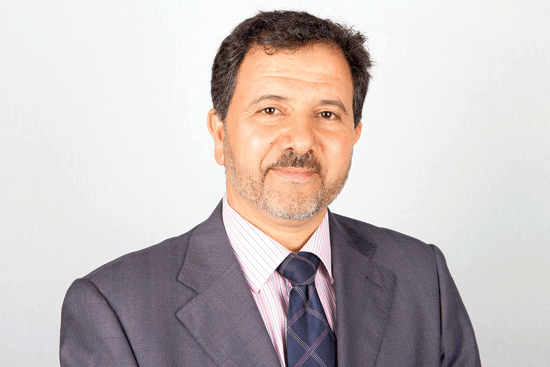

DOHA: Introducing postgraduate studies in journalism at Qatar University would help expand the scope of journalism in the country, says Dr Nourelddine Miladi, an Associate Professor at Department of Mass Communications.
The university at present offers a bachelor’s degree in mass communications, in which students can specialise in print journalism, broadcast journalism or strategic communications.
“I would like to see advances towards postgraduate studies in to Master’s and doctorates, as this (QU) is the national university. Many alumni, especially Qataris, show interest in postgraduate studies,” Dr Miladi told this newspaper yesterday.
“Also more collaborations with media organisations will help produce more skilled journalists or communication specialists,” he added.
The Mass Communication Department is accredited by Accrediting Council on Education in Journalism and Mass Communications, (ACEJMC), an agency responsible for the evaluation of professional journalism and mass communications programmes in colleges and universities.
“This is probably proof the curriculum and the content of the materials provided to students here are of high standards that meats international standards,” said Dr Miladi, who has wide experience in developing journalism programmes at different universities.
About the importance of theoretical knowledge in journalism, Dr Miladi says that being equipped with theoretical knowledge about communication and journalism does help the journalist become a perfect practitioner in the field.
“To be kind of qualified in being a successful in- depth thoughtful reporter with ethical values, one probably should have been informed way before he or she starts practice,” said Dr Miladi.
According to him, familiarity with cultural, social and ethical values of the society in which journalists work plays an important role in the present world.
“It’s becoming a necessity in the world to know about each other’s culture in today’s journalism.
“Some journalists from Western countries or from the Arab and Muslim world, make mistakes because they don’t understand much about others’ culture, it works in both ways,” said Dr Miladi.
“Wherever you are, there is cultural kind of limits and lots of other limits, the type of reporting a reporter can do in London, probably a reporter can’t do in this part of the world.
“When a journalist is qualified with the theories of communications and sense the role of society, I think they are more informed when they produce a good piece of journalism.
“They will be more informed, and the piece will not be superficial or shallow,” Dr Miladi added.
The Peninsula








